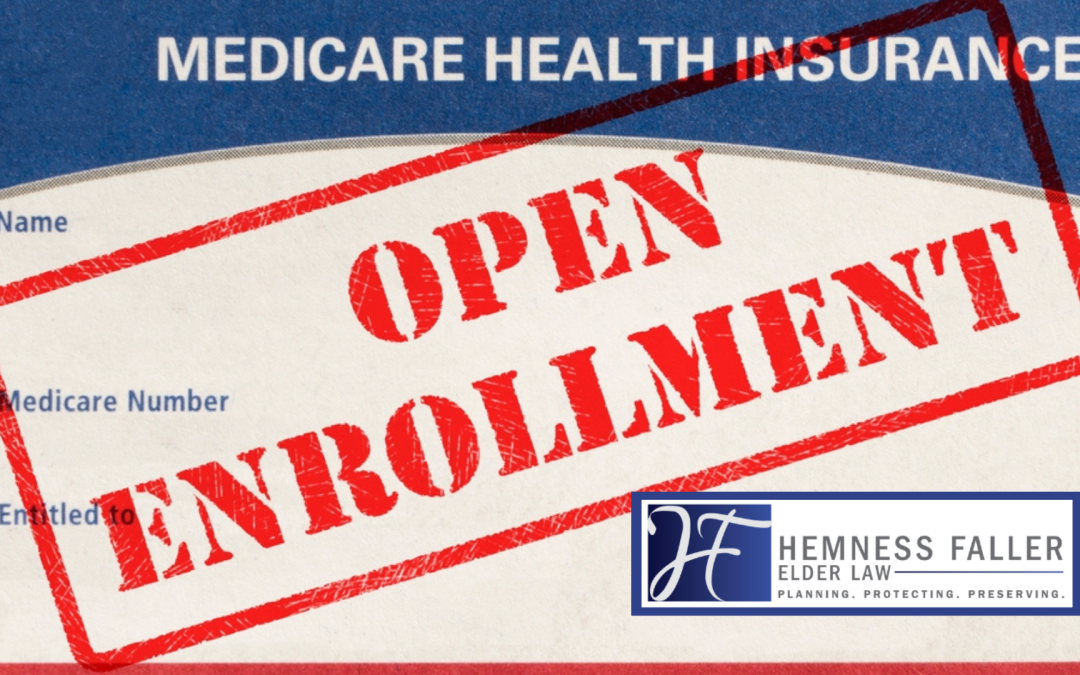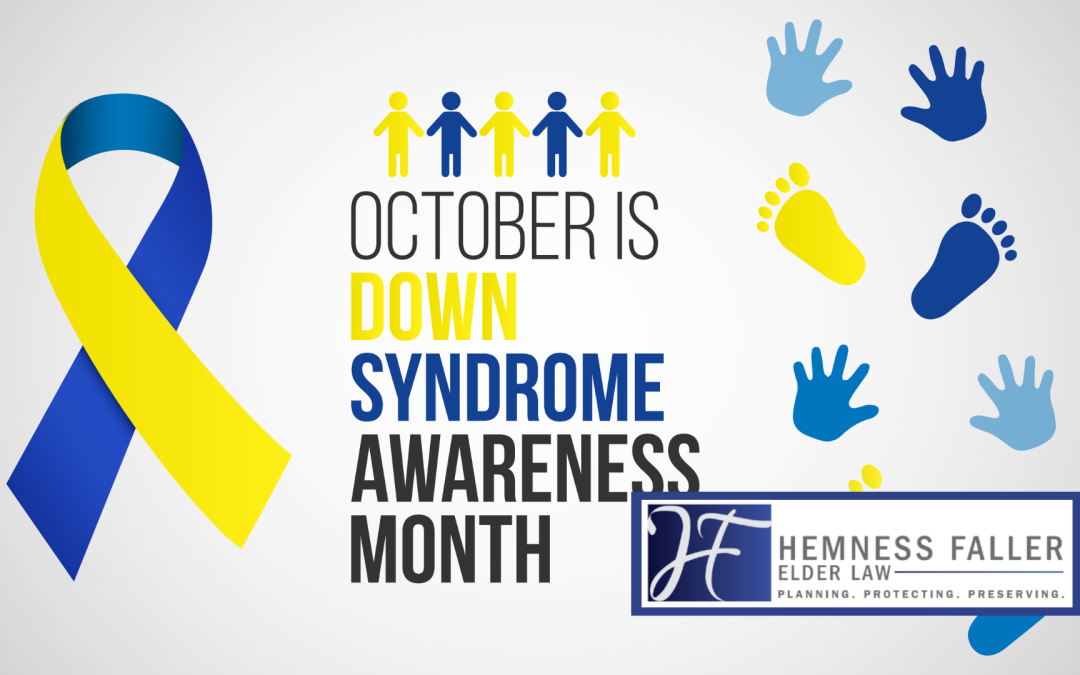Medicare is an immense government health insurance program currently supporting more than 55 million Americans. The program provides support in four main areas known as Parts A-D. These services include hospital care, medical services, Medicare Advantage, and prescription drug coverage, respectively.
Perhaps the most widely used, and taken for granted, aspect of Medicare is Part A hospital coverage.
Part A is in many ways the bedrock of the program. Along with Part B, it makes up what’s commonly referred to as “Original Medicare” because hospital care and medically related services are what the program first offered when it was created in 1965.
The idea was simple: If you are a senior citizen and you need to go to the hospital, you will be financially supported. That mission still applies today.
However, where Part B comes with a monthly premium, Part A is free as long as you or your spouse paid about 10-years’ worth of Medicare payroll taxes during your working years. Otherwise, Part A premiums will apply.
While Part A coverage is indeed free for the vast majority of Medicare enrollees, however, that doesn’t mean that there aren’t any associated out-of-pocket costs.
For example, Part A pays for inpatient hospital stays and stays at short-term skilled nursing facilities with an attached deductible. This deductible applies on a 60-day benefit period basis.
This means if you left the hospital on a certain day and are readmitted before 60 days from that date, then you are still within the same benefit period. If you go back into the hospital after the 60th day, then you are in a new benefit period.
It is important to understand because each new benefit period comes with a $1,316 deductible, which may go up in the future. That can add up if there are multiple hospital trips or recurring trips to nursing home rehab facilities throughout the year. Once the deductibles are paid, however, Part A coverage pays for the rest.
Another pricey Part A circumstance is if you happen to stay in the hospital for more than 60 days, whether consecutively or because of a readmission. After 60 days, an enrollee may have to pay a daily copayment for days 61 through 90, which, at a minimum, may cost $304 a day.
We know this article may raise more questions than it answers for you. Do not wait to contact our office to schedule a meeting with attorney Emma Hemness.






